Spanners
Spanners are indispensable tools in any toolkit, known for their versatility and functionality in various tasks. This category offers a comprehensive range of spanners, each crafted to provide precision and durability. Whether you're tightening a bolt or loosening a nut, our spanners ensure a firm grip and efficient performance. From adjustable to fixed, open-ended to ring spanners, the variety caters to all requirements. Their robust construction guarantees long-term use, while the ergonomic designs ensure comfort during work. Explore our collection and choose spanners that suit your specific needs.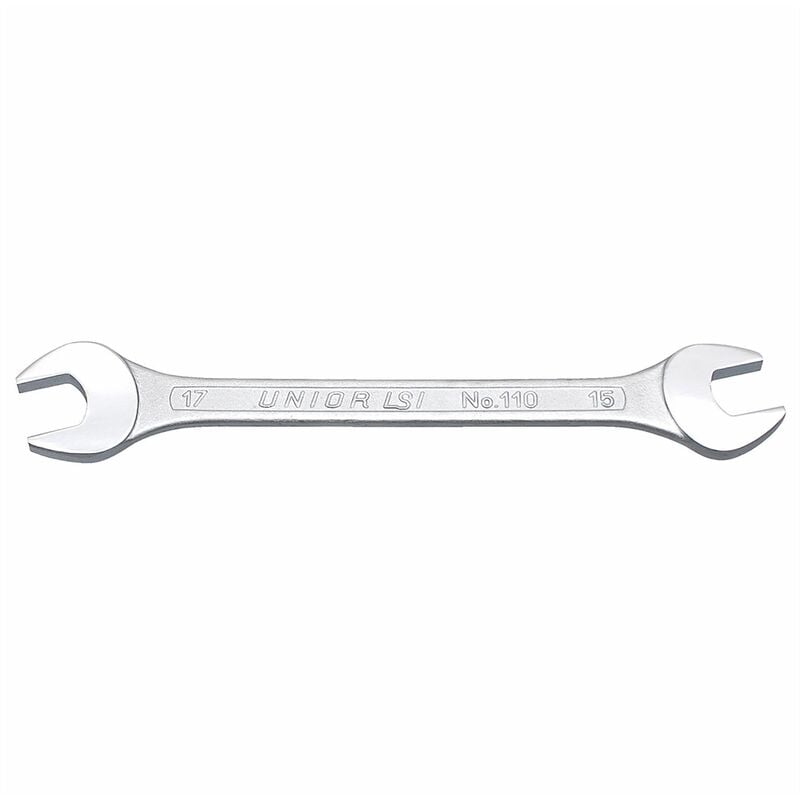
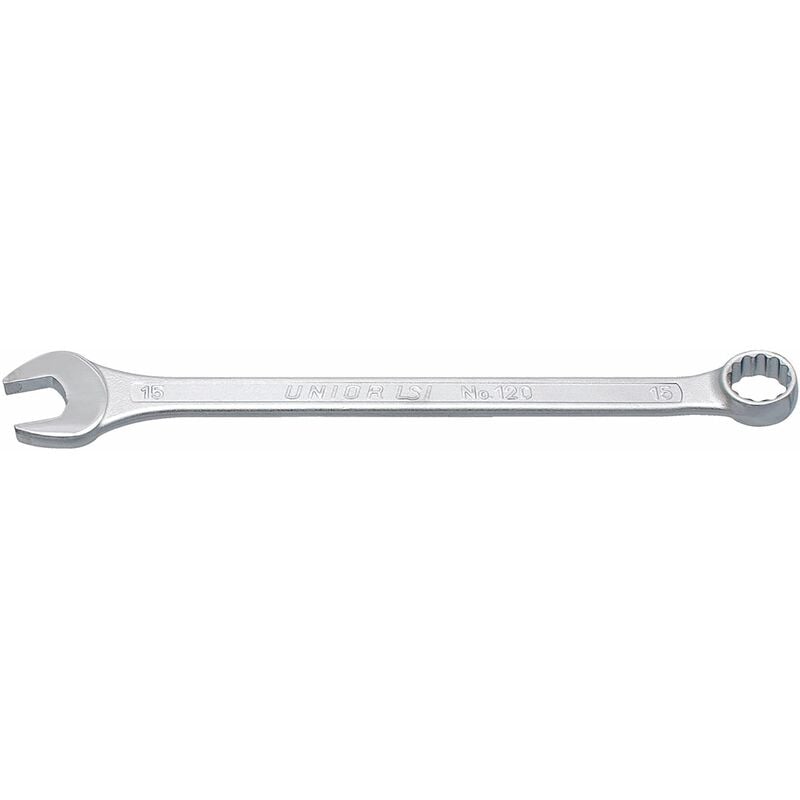
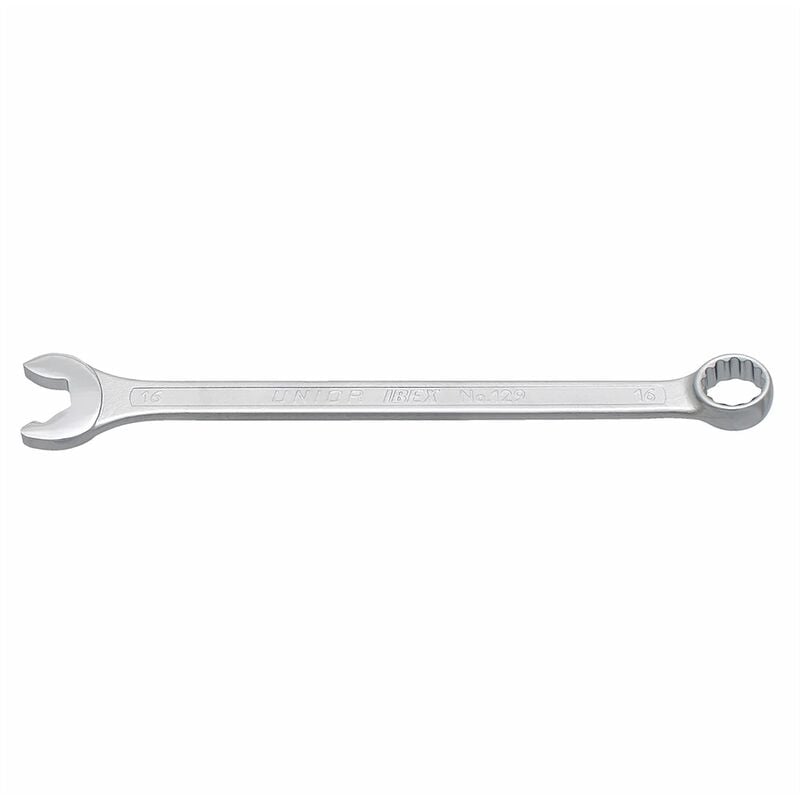
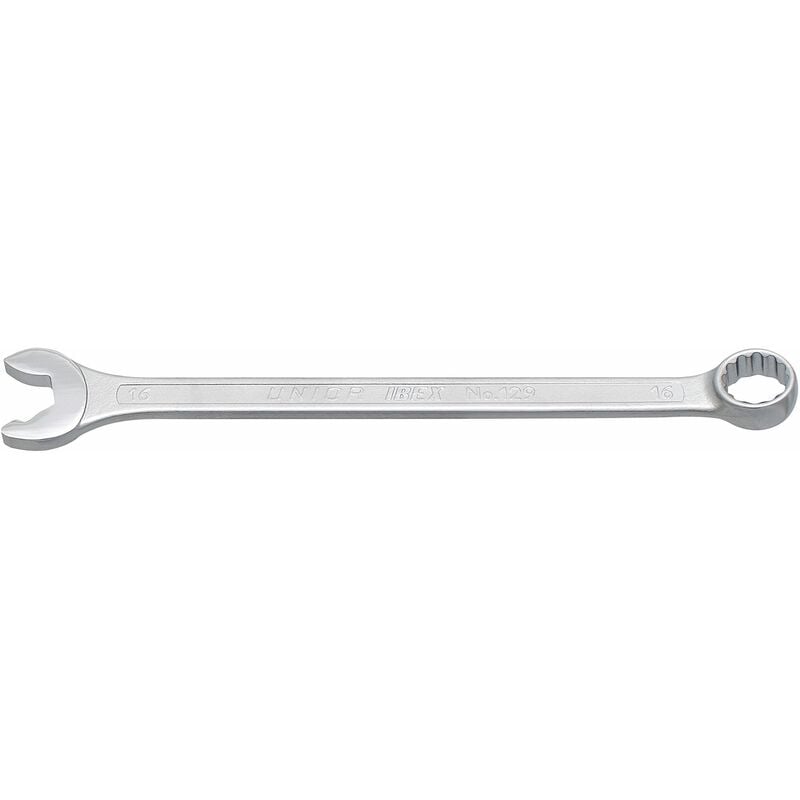
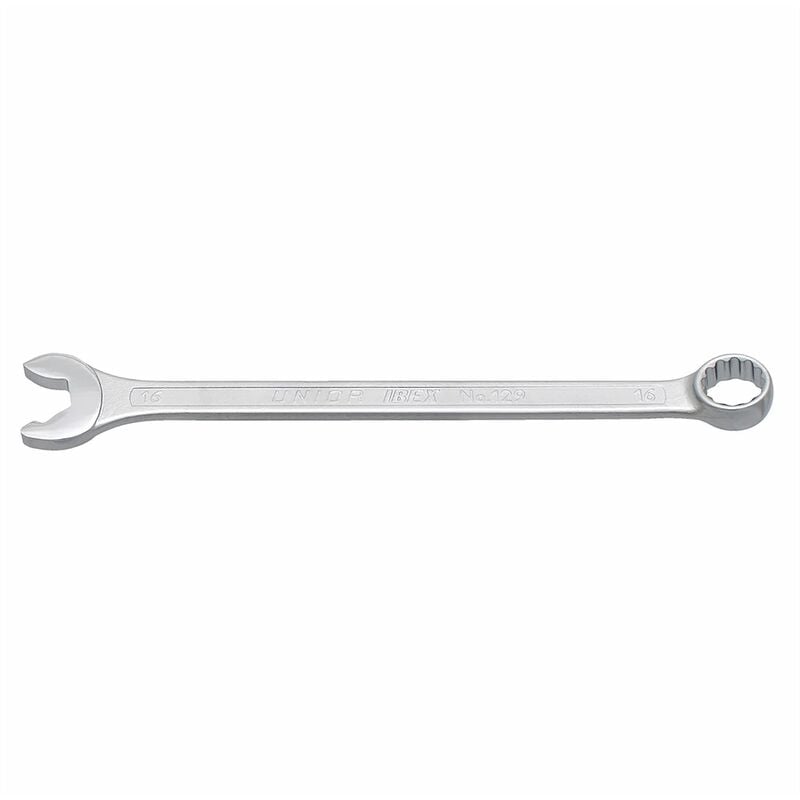
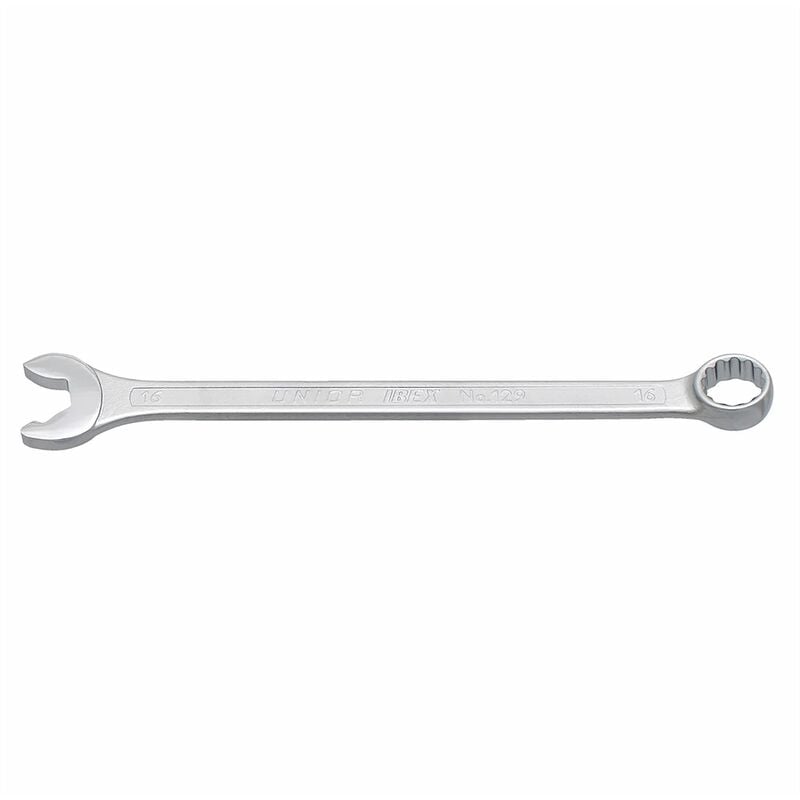
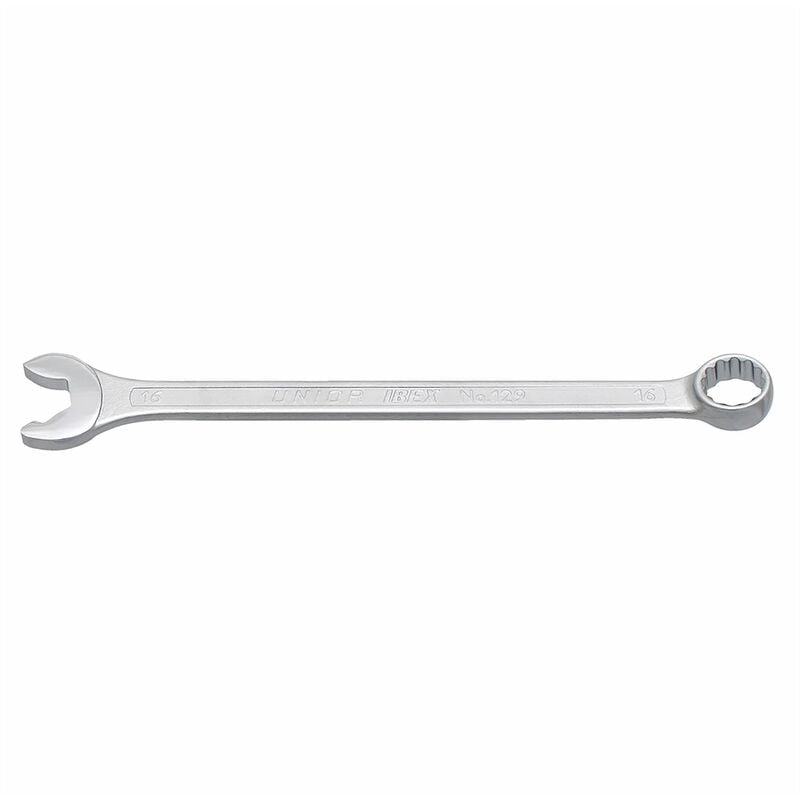
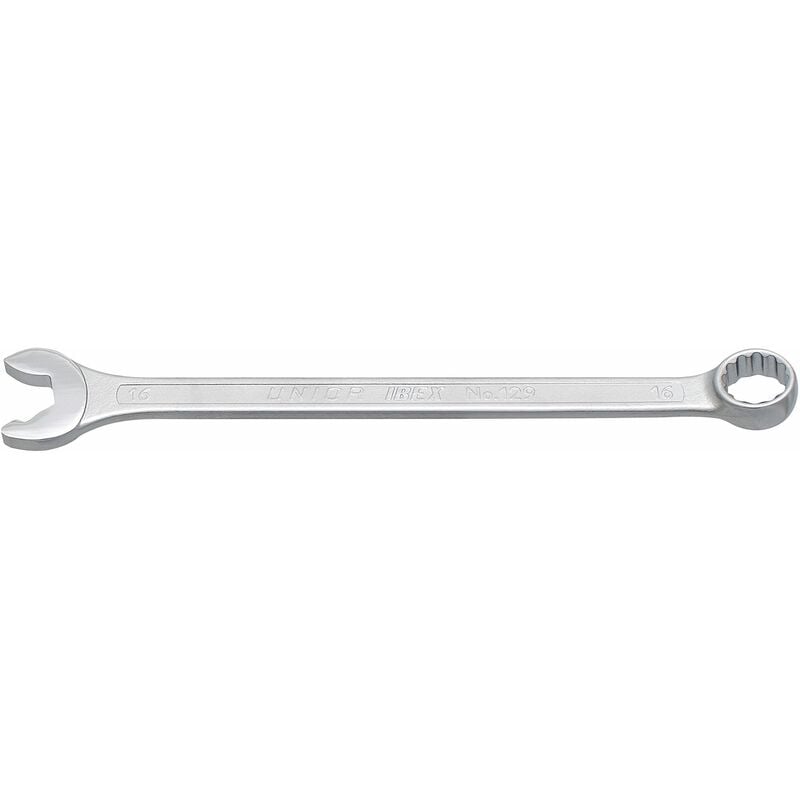
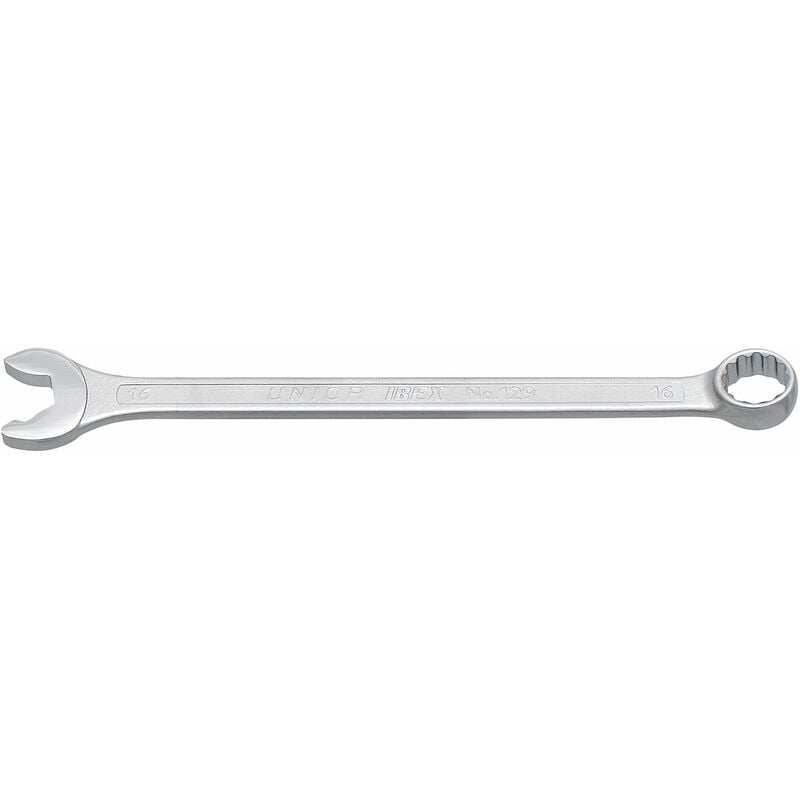
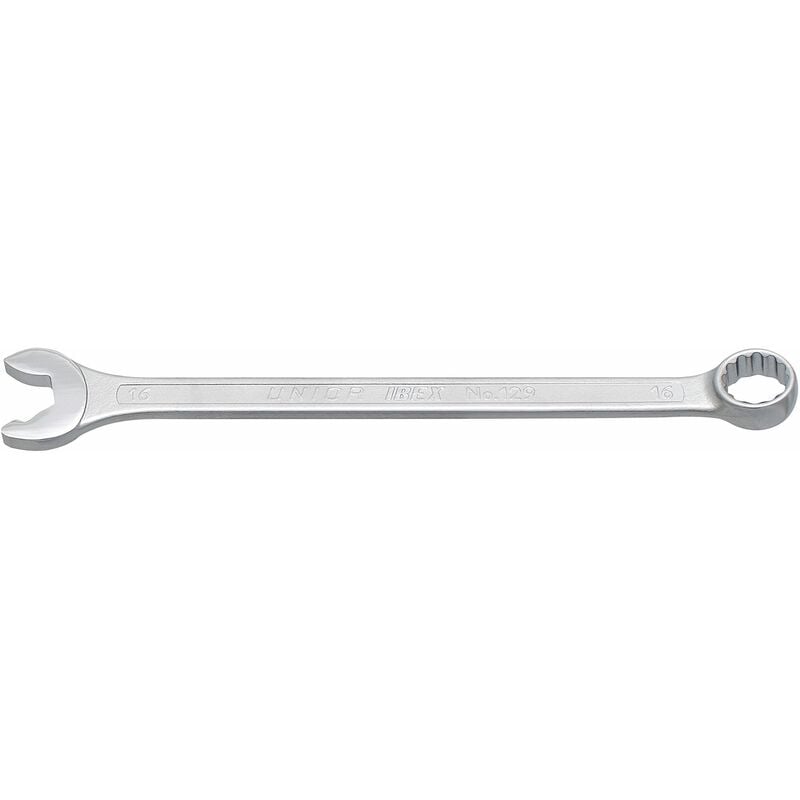
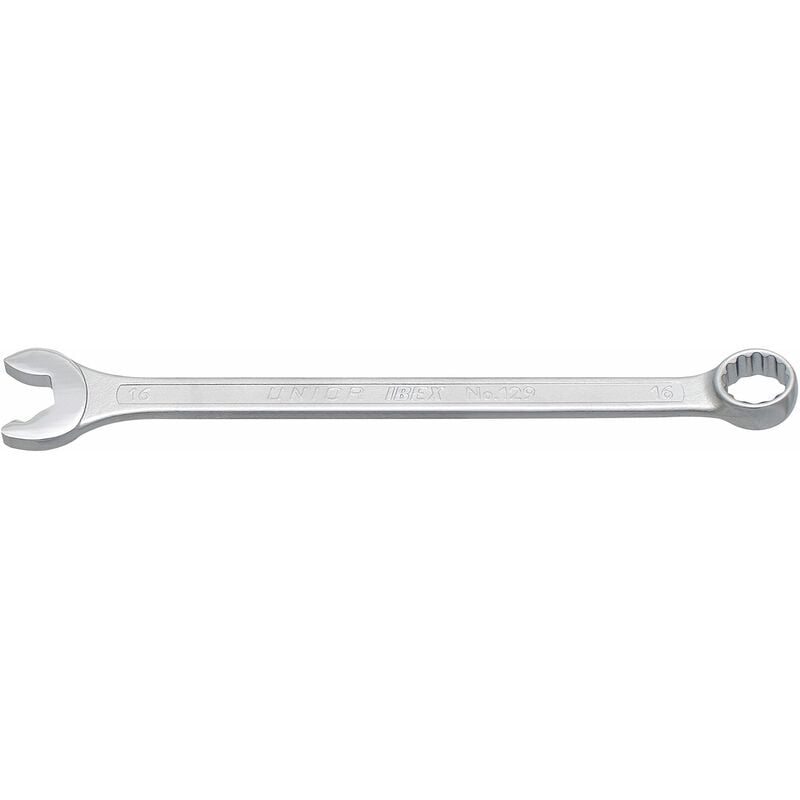
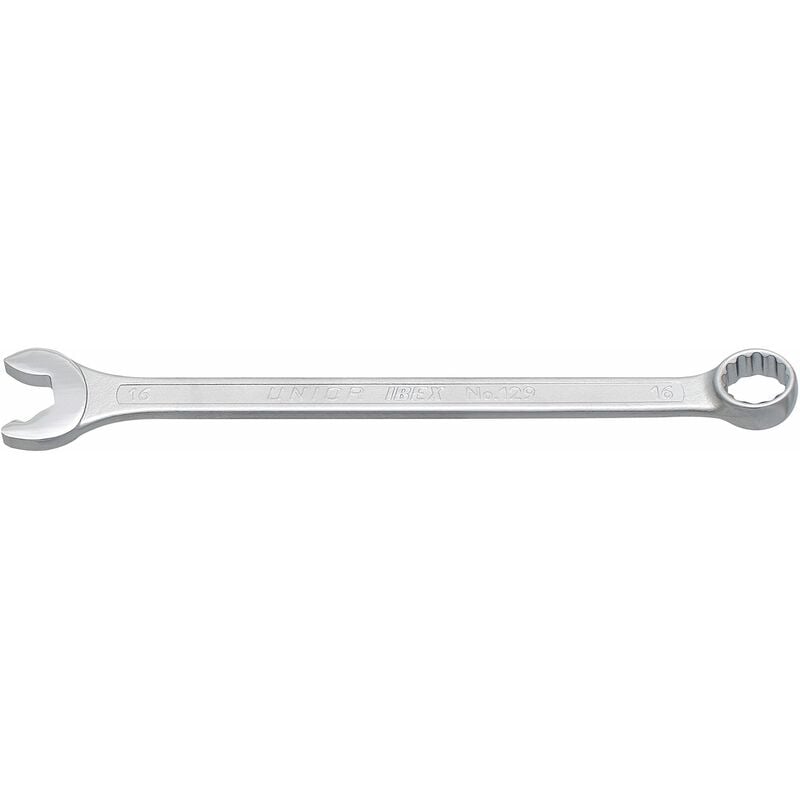
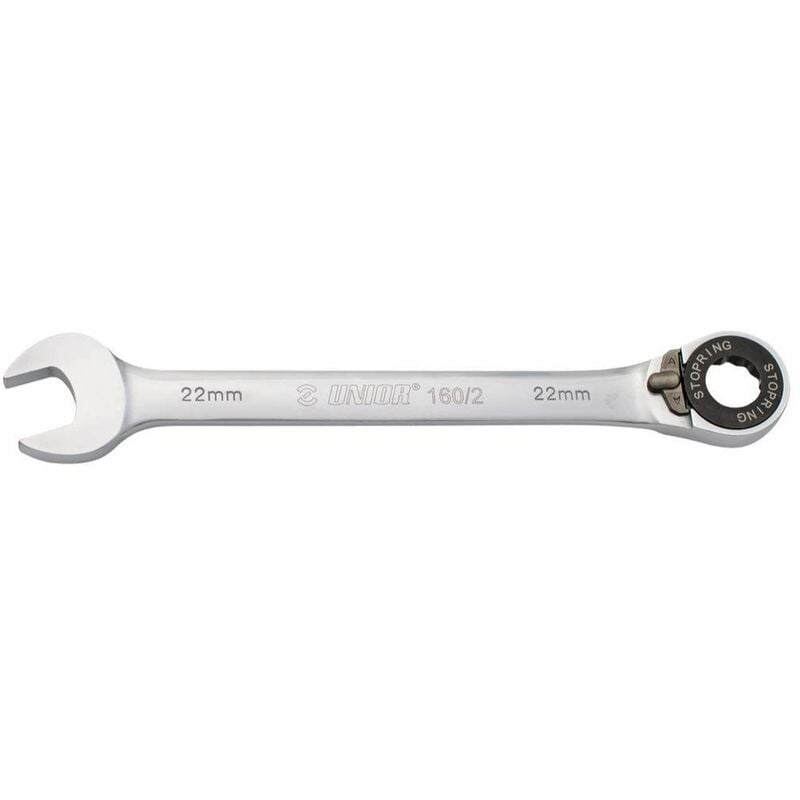
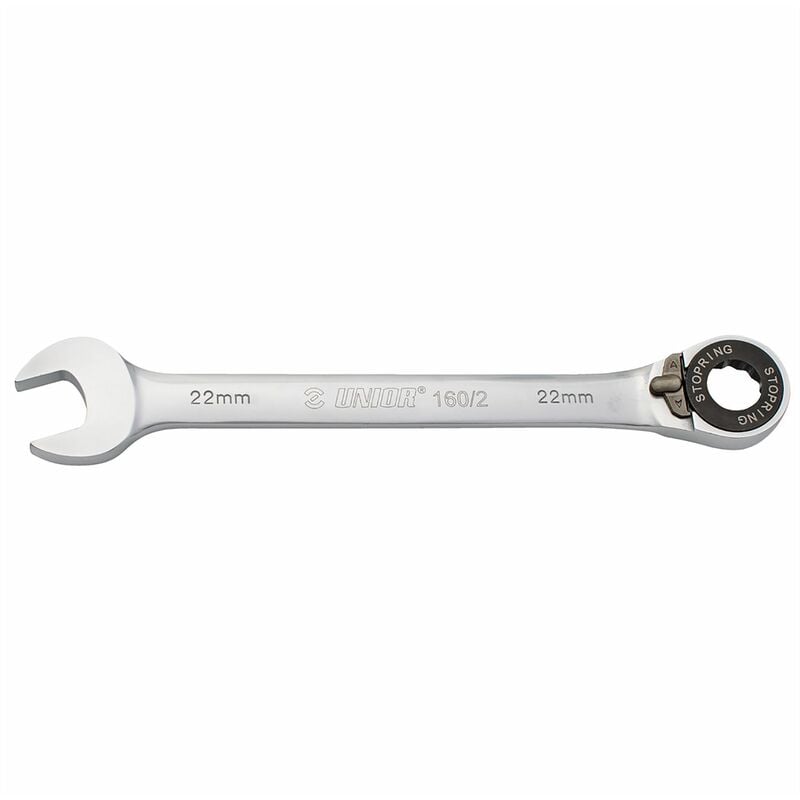
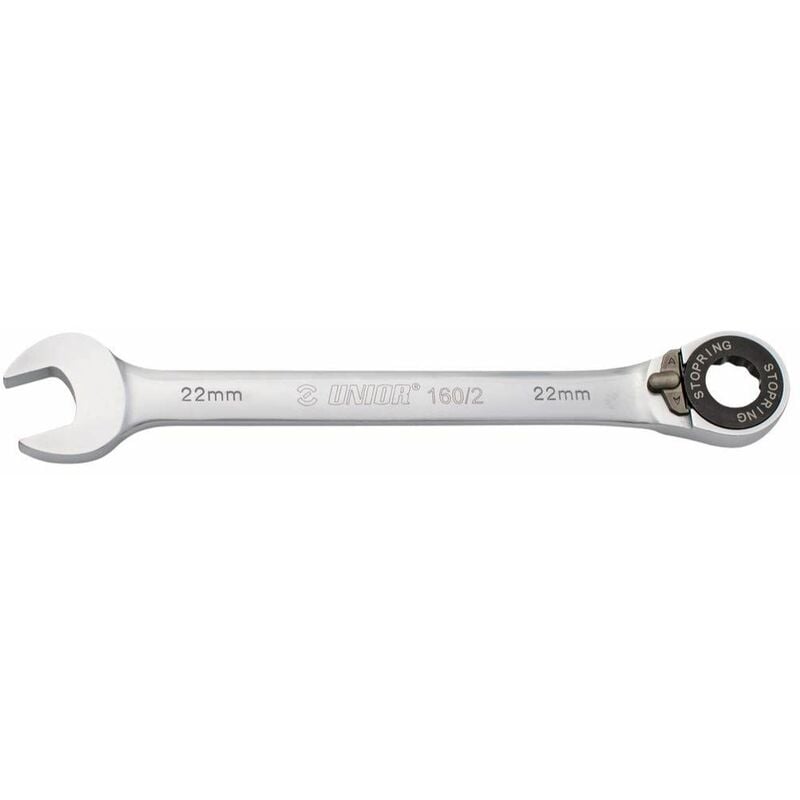
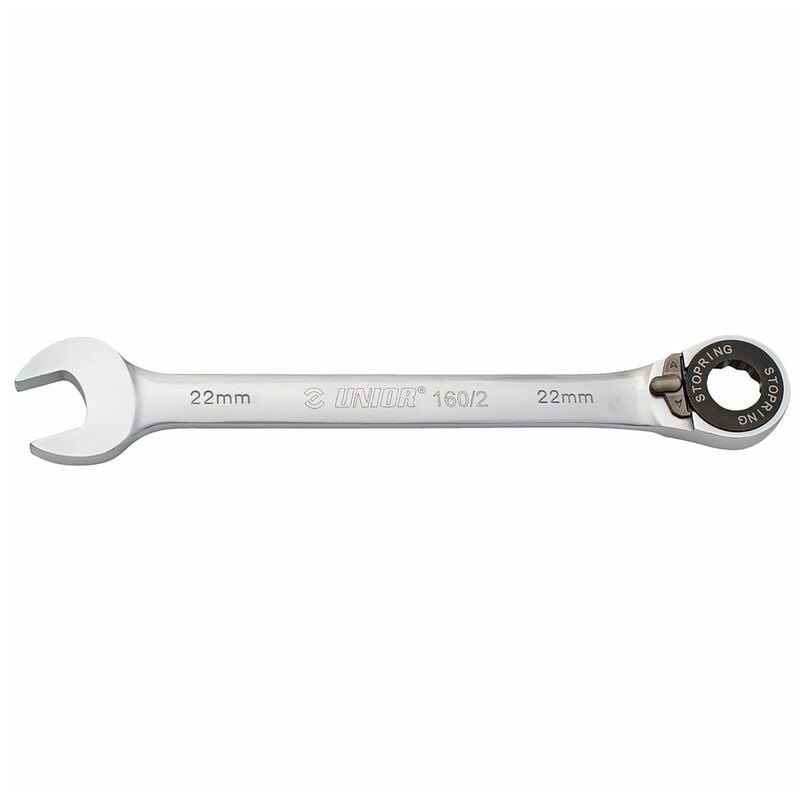
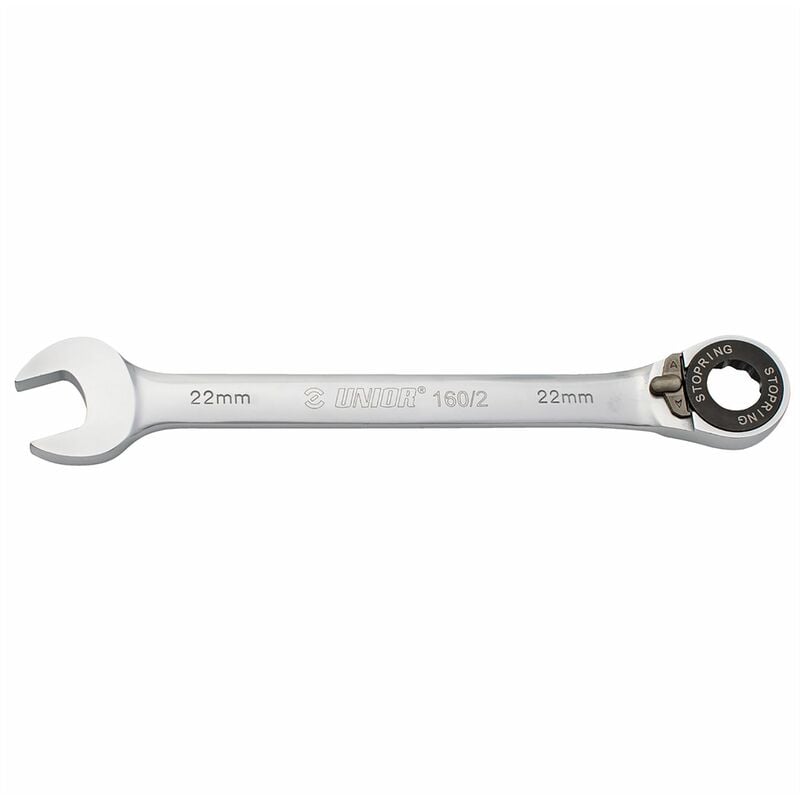
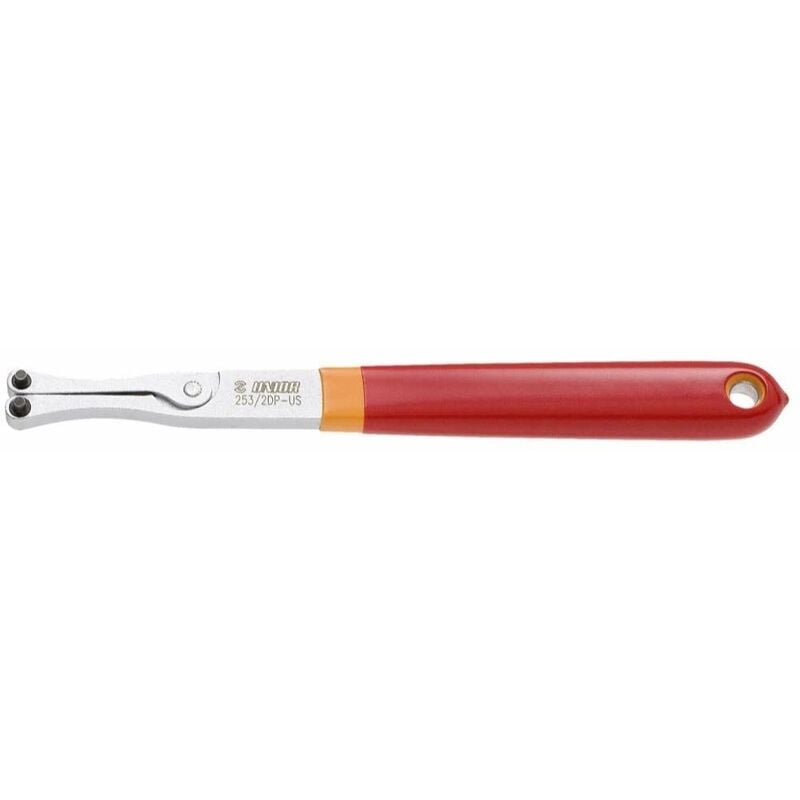

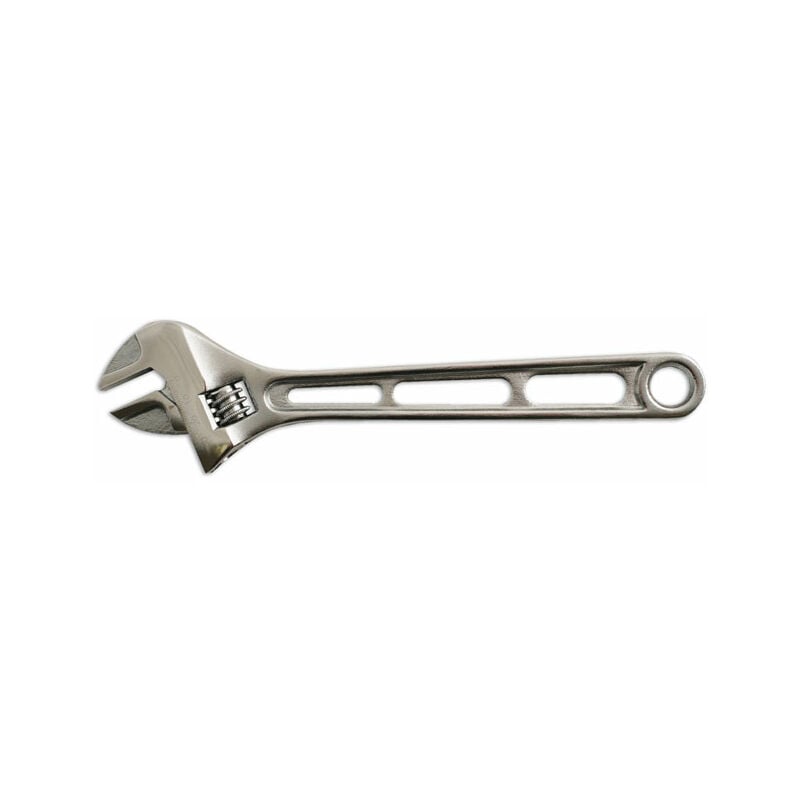




All you need to know about spanners
Every workshop should have a workbench, a basic set of tools, spanners, and wrenches. You can only repair practically any machine or engine with them. But there are many types of spanners, and shop offers are full of various concepts and terms for individual spanners, entire sets and accessories. Organise it together with us..

Before choosing
Purpose
First of all, determine what exactly you will need the spanners for. When you look closely at the types of spanners, there are many, each with a different use. In the same way, think about whether you will need one spanner or a few pieces or whether buying the whole set with a case and several attachments will be more advantageous. In the spanner set, you will often find ring spanners, ratchet spanners, adjustable spanners, wrenches spanners or Allen keys. For more demanding do-it-yourselfers and professionals, it is a necessity. There is also a difference between a spanner for hobby and professional use. Be it in material, ergonomics, and of course also in price.
Material
We also find significant differences in the material used. Professional tools are made of quality steel with chromium and vanadium admixture for excellent durability and longer service life. The handle should be comfortable; most often, it will be rubberised with a pattern.
Ergonomics and quality
When purchasing, expect that the spanner will be exposed to harsh conditions, so the quality of the craft must be top-notch, and the savings may not pay off. The spanners must therefore be resistant to impacts and dusty environments, as well as water and possibly various chemical products, oils, etc. The handle should be ergonomically shaped at first glance so that it does not slip even without gloves.
Types of spanners
Torque wrenches


With mechanical machines, you may require screws tightened to exact values. And that's precisely the job of a torque wrench that works with Nm (Newton meters) as the unit of moment of force. This type is further divided into bending, torsion and ratchet. The flex and ratchet have an integrated spring inside, while the torsion bar has a torsion bar inside. Wrenches work simply by setting the torque value yourself, start tightening, and once the desired deal is reached, the wrench will alert you, often with a snap or other sound.
Ring spanners

As a handle, it has a metal ring equipped with internal teeth. There can be 6 or 12 of them, and then they can tighten four and 6-sided nuts. Be aware that ring spanners are deployed from above, so some operating space is required. Working with them can be more tedious but more reliable than classic flat spanners.
Adjustable spanner

Adjustable spanners are similar to universal spanners, except that instead of a head, these have two straight opposing jaws that move closer or farther apart with a screw mechanism.
Combination spanner

The name combination spannersuggests combining the two previous types; there is a ring on one end of the key and a flat handle on the other. Both ends are then the same size.
Spanner features
Dimensions
The dimensions usually depend on how big nuts and bolts you will be working with. Get a spanner approx. 20 cm in length; however, the most significant unique pieces can be 30 cm or more. Electric spanners, which are larger, heavier and more similar in size to a drill, stand out from the range.
Weight
The weight will also be similar and vary by tens of grams depending on the size. Pay attention to the weight of spanner sets if you store them on a shelf. With them, you can move even above the 5 kg limit.
Tightening torque
A feature that you can only find with torque wrenches. The value is often given in a range, e.g. 20–400 Nm. The maximum values are around 1,500 Nm, but these are professional tools. Values up to 400 Nm are sufficient for most jobs.